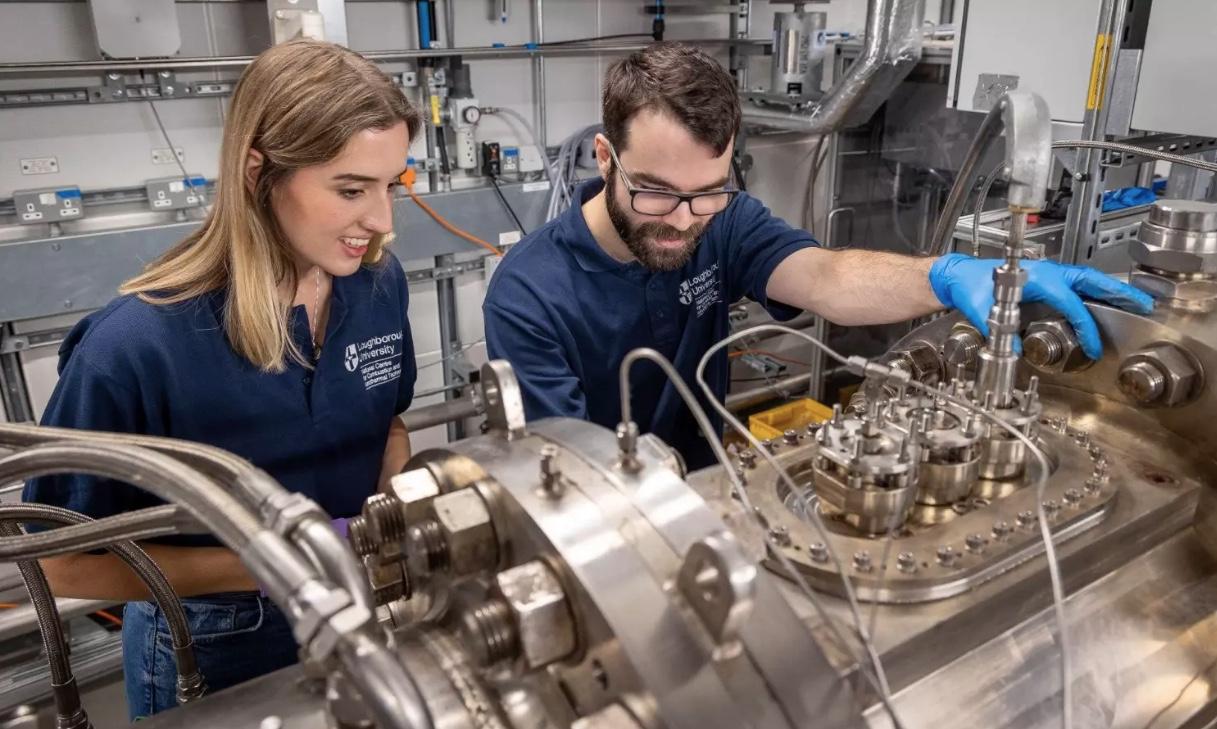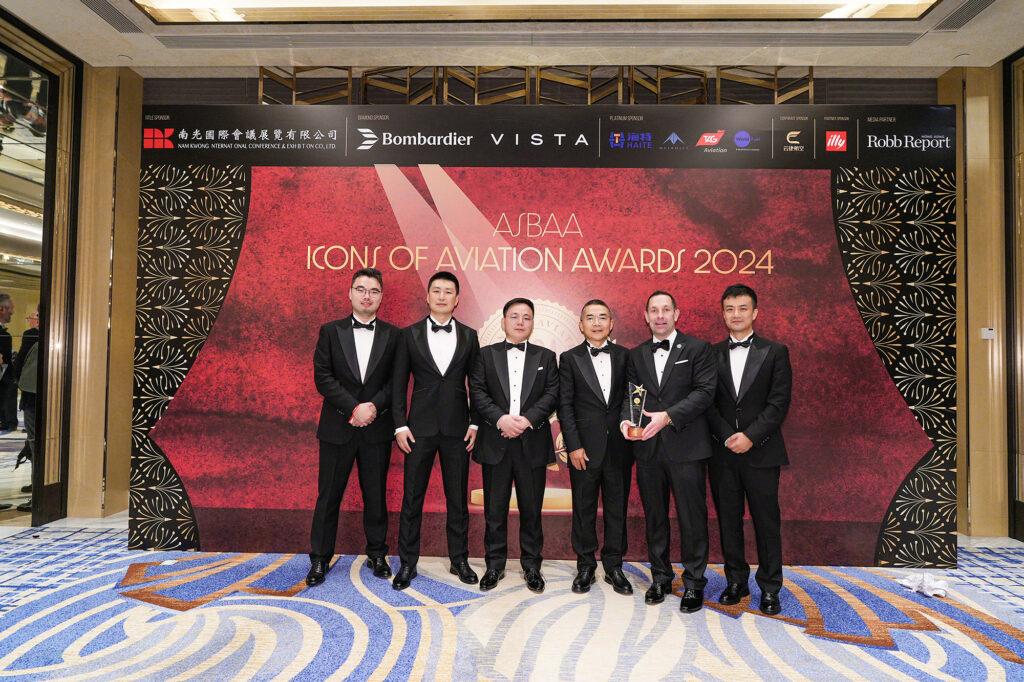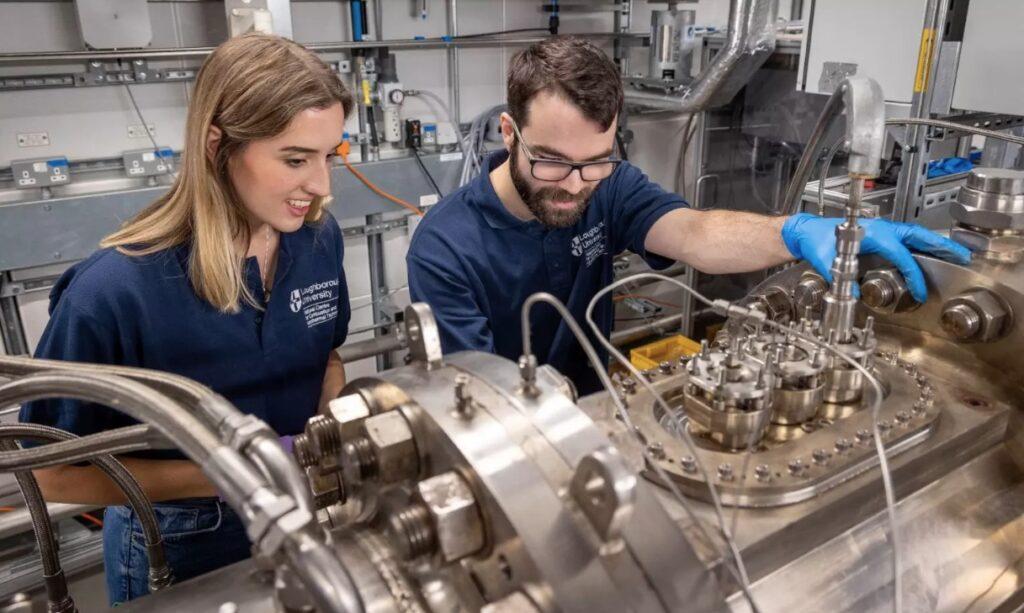Rolls-Royce, in collaboration with Tata Consultancy Services (TCS), is making significant strides to expedite the development of hydrogen-powered propulsion systems. Announced this week at the Farnborough International Airshow, this partnership leverages quantum computing and generative artificial intelligence (AI) to drastically reduce design times for Rolls-Royce’s hydrogen projects.
The environmental benefits of hydrogen were a key focus at the airshow, underscoring its role in Rolls-Royce’s alternative fuels strategy. Anupam Singhal, President of the TCS Manufacturing Division, emphasized the urgency of bringing hydrogen-powered engine designs to market swiftly. “We have to look at all the tools and technologies available to us to make the entire ecosystem more sustainable,” Singhal stated. “Can we cut short the whole engine design time? Can we have this engine on the wing as quickly as possible?”
Under the expanded partnership, TCS will enhance Rolls-Royce’s efforts by providing engineering skills and support in system design, component design, supply chain management, and program management. The collaboration addresses three key challenges: fuel combustion, fuel delivery, and fuel systems integration.
Harnessing AI and Quantum Computing
Singhal highlighted the critical role of generative AI and quantum computing in this mission. “Generative AI can cut short the design time by 10-20% by creating multiple scenarios for testing designs quickly,” he explained. “If a design needs to fail, it can fail fast, allowing us to move on to the next iteration without wasting time.”
Quantum computing further accelerates the process by enabling real-time data analysis and scenario testing. Traditional computing methods, which might take weeks or months, can be significantly expedited, allowing faster progression from design to implementation.
New Developments and Partnerships
At the start of the airshow, Rolls-Royce revealed the groundbreaking of an engine test site in Mississippi, in collaboration with low-cost airline easyJet, at NASA’s Stennis Space Center. This site will facilitate full-scale gas turbine hydrogen testing, demonstrating the integration of hydrogen technology in the Pearl 15 engine. TCS is already contributing its engineering expertise to this endeavor.
Broader Industry Initiatives
The airshow also saw Airbus announcing a new partnership with aircraft lessor Avolon to study the potential of hydrogen-powered aircraft, marking the first collaboration of its ZEROe Project with an operating lessor. Additionally, GKN Aerospace’s H2FlyGHT project received £44m ($34m) to develop and test a fully integrated liquid hydrogen fuel system and a 2 megawatt cryogenic electrical propulsion system for zero-emission aircraft.
ZeroAvia, another key player in the hydrogen aviation space, has partnered with KLM Royal Dutch Airlines for a demonstration flight using its ZA2000 hydrogen-electric engines. This follows successful prototype tests of the ZA600 engine on a Dornier 228 aircraft and advanced ground tests in the US and UK.
Rolls-Royce’s collaboration with TCS signifies a pivotal move towards sustainable aviation. By harnessing the power of AI and quantum computing, the partnership aims to fast-track the development of hydrogen propulsion systems, setting a new benchmark for innovation in the industry.





